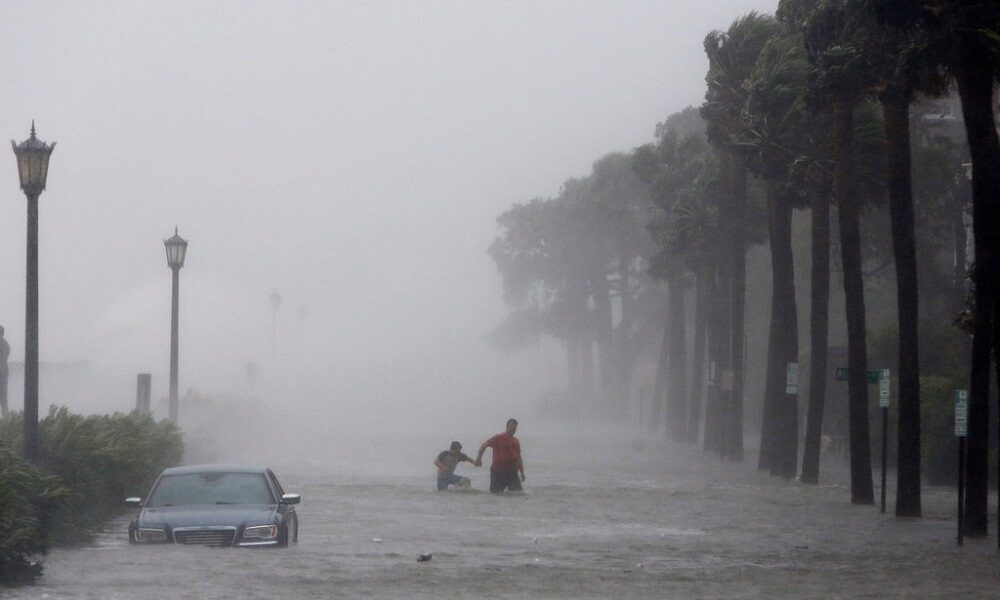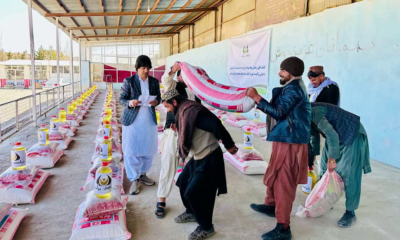Climate Change
Climate leaders sound alarm as Hurricane Fiona pummels Puerto Rico

Hurricane Fiona has battered Puerto Rico, shutting off power to the entire island and sending floods into towns and cities while on the other side of the world, Typhoon Nanmadol hit Japan, forcing evacuations.
Britain’s the Independent reported that according to climate scientist Michael Mann, these kinds of disasters are indicative of the climate crisis-altered world we’re already living in.
“We are witnessing the devastating consequences of climate change now. This isn’t 10 years into the future, it’s not way off in the Arctic, it’s where we live now,” Mann, a climate scientist at the University of Pennsylvania, said.
“It really drives home the importance of taking action now,” he added.
Hurricane Fiona hit Puerto Rico as a Category 1 storm on Sunday, dumping more than 500 mm of water in some places. As a result, the entire island lost power, hundreds of thousands have gone without running water and floods have crippled infrastructure like homes and bridges.
Hurricanes in the Atlantic aren’t new — but as the climate gets warmer, these storms could get a lot stronger on average.
Meanwhile, on the other side of the world, more than eight million people have been told to evacuate their homes as Japan battles one of the deadliest typhoons ever recorded in its history.
The super typhoon Nanmadol left two people dead, more than 100 injured and thousands without power as it made its way across Japan this weekend.
Some areas of Kyushu were reported to have received more than 500mm of rainfall throughout the weekend, which is a figure not seen in the area for decades according to officials.
Tens of thousands of people spent Sunday night in emergency shelters, and almost 350,000 homes are without power. Kyushu’s entire bullet-train service was suspended, and hundreds of domestic flights were canceled.
Most injuries were said to be minor, caused by people who fell down in the rainstorm or got hit by shards of broken windows or flying objects.



